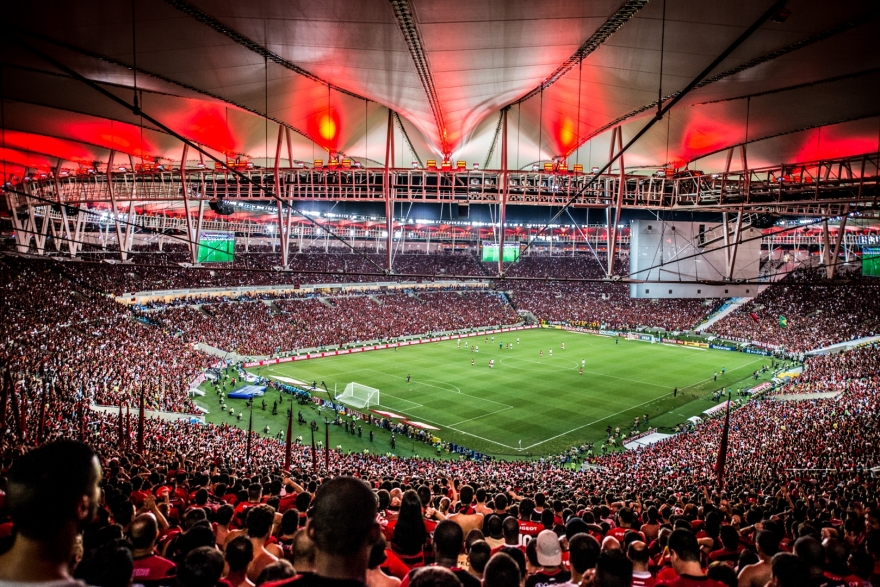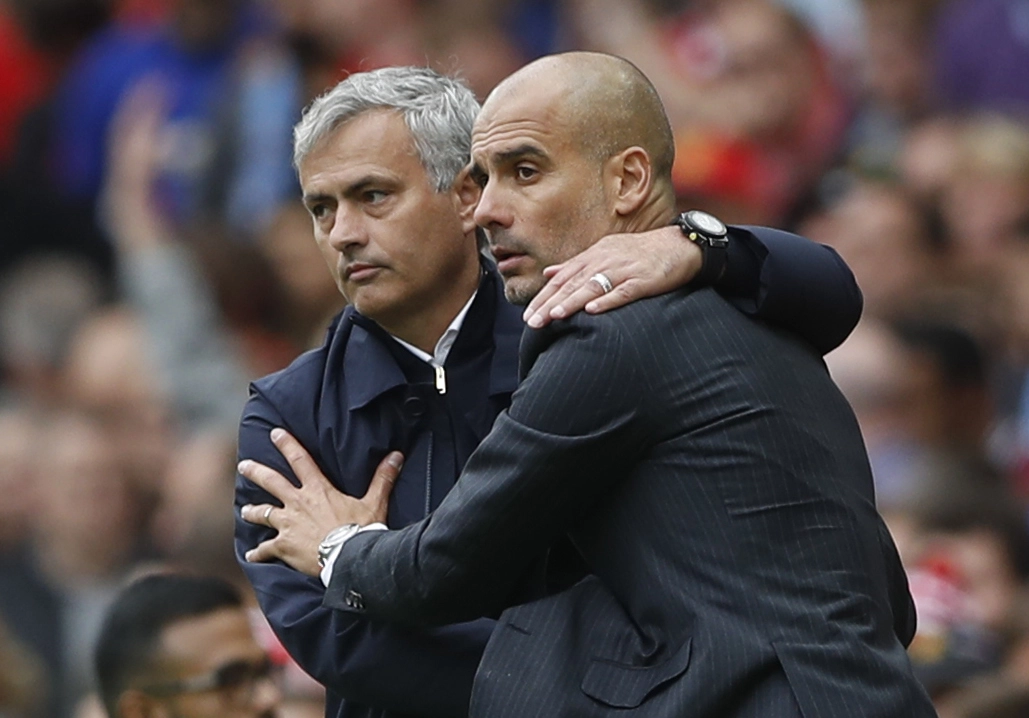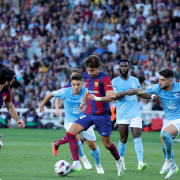And you, how do you plan in Football?
A couple of weeks ago I had a very interesting meeting with a colleague that I admire and appreciate very much. In principle, we had met in a limited space of time within our busy schedules to exchange impressions and opinions based on our studies and experiences. I have to admit that sometimes these exchanges are much more valuable and effective than attending training sessions or even reading book chapters or scientific articles.
EXCHANGE SPACES
One of his questions completely surprised me. Not only because of the quality of the question but also because of its direction, without much preamble or warm-up. «And you, how do you plan?» It was his initial interest before delving into some topics.
Being sincere and honest, I think it was such a good question and direct to the soul that I have dared to share it with you. Also, because in this way I want to invite you to reflect on it and also to those who dare (and are totally invited) to share in the blog comments to establish a nice debate.
First of all, after taking a few seconds to breathe and meditate, I replied that I thought my way of planning depended on two fundamental elements: 1- The coach (technical staff) and 2- The context (social and sporting of the team).
I think it is essential to have a successful form of planning, to have the opinion, history and preference levels of your coach or the rest of the coaching staff. It is true that when you have been with the same staff for a while, things are easier and everything seems to be better adapted and synchronized, but until then planning should be somewhat «chameleon-like» so that it can be adapted with some flexibility to all elements of the training system.
On the other hand, the social and sports context of the team should prevail or impose some of the characteristics of our planning. It is very different to train a team in Central Europe than in South America, and on the other hand, the microcycle model in teams that compete in a single competition is not at all similar to others that compete in local, national and international competitions with a greater density in the same season.

DEFINITION OF PLANNING. PROFESSOR PACO SEIRUL-LO.
According to Seirul-lo (2005), sports planning «is the set of theoretical assumptions that the coach makes, consisting of the description, forecast, organization and design of each and every one of the training events that must be carried out in a certain time.» moment of a player’s sporting life, while he remains in this club, as well as the corresponding means of analysis and control that allow these events to be modified, in order to obtain an increasingly adequate training process that achieves the optimization of the player, allowing him to obtain the desired results in an uninterrupted way in the competition, of that certain sport specialty in which it is involved”
«»is the set of theoretical assumptions that the coach makes, consisting of the description, forecast, organization and design of each and every one of the training events…»
Paco Seirul-lo

From here, we could enter into the debate of which methodology is most appropriate for football planning. Currently, the «tactical periodization» and «structured microcycle» models are probably the most used and mentioned by coaches and physical trainers today.
The basis of both is a weekly planning (known as a microcycle) where the objectives are in relation to an annual planning (generally, training football), or between competitions (professional or elite level). You know that my tendency, due to my personal history and the clubs in which I have worked, brings me much closer to one than to another. However, over time, I believe that developing a mixed proposal from both perspectives, collecting the two previous fundamental aspects (trainer and context) is key to being able to approach everyone’s objectives in a healthy way.
LONG, MEDIUM AND SHORT TERM PLANNING.
We continue our exchange and discussion with the temporal dimension of planning. Is there long-term planning in football? Actually, in elite football it is difficult to defend and justify. Planning all the sessions and weeks in advance in a season seems like an incredible job to me, but you will probably make a lot of mistakes. Because honestly, planning, for example, at the beginning of the preseason, a session during the 37th week of competition, probably without knowing the final schedule, whether the team will be fighting for the objectives or not, whether there will have been injuries, loans, casualties and victories or defeats, will make that session when that specific day arrives, need to modify many elements outside of us.
I understand, but I don’t totally share football planning that goes from microcycle to microcycle. I consider it a success that each week we have different objectives and depending on the rival we must modify a series of structures that make us optimize performance. But really, we are training and practicing with our own team, our own performance model, and in that desire to improve, we must propose content planning and sequencing that is optimized week by week, so I really like the idea of structured training cycle of 3 weeks duration. With this vision, we can propose a horizontal and vertical progression in the choice of training situations and also complexity adjustments depending on the result of our practice in the competition itself.
And after all this, how do you plan? What are your key variables in the process? Do you plan in the short, medium and/or long term? And above all, why do you do it that way? Do you think you are getting the most out of the process and your players and coaching staff? I hope to hear some of your answers, and above all to read from your experience, proposals for improvement and internal reflection to continue optimizing our processes, just as my colleague and I did.
Regards, we keep moving forward,
AG






Caro professor Antonio.
Excelente reflexão sobre periodização.
Acredito que ao minimizar a periodização de microciclo em microciclo estamos, diminuindo a possibilidade de criar sequências adequadas de treinamento. Também penso que planejar blocos maiores é uma maneira mais adequada, estes sendo flexíveis aumentam a chances de acerto.
Parabéns pela clareza no texto.
Muito obrigado por suas linhas e sua mensagem Fulvio.
Concordo plenamente com sua reflexão quanto aos tempos mais longos na periodização, respeitando é claro a variabilidade e flexibilidade em nosso planejamento.
Um abraço forte e obrigado por compartilhar.